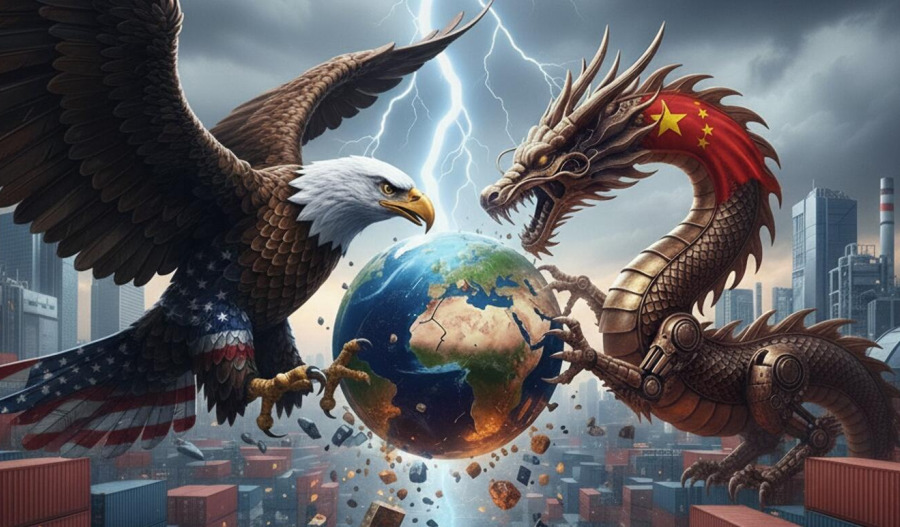Oil prices rose during Asian trade on Monday, recovering slightly from steep losses last week as investors bet that possible talks between United States President Donald Trump and Chinese President Xi Jinping could ease escalating trade tensions between the world’s two largest economies and biggest energy consumers.
By 3:15 pm AEDT (4:15 am GMT), Brent crude futures climbed 90 cents or 1.4%, to US$63.63 per barrel, after tumbling 3.8% on Friday to their lowest level since May 7.
U.S. West Texas Intermediate (WTI) also gained 87 cents or 1.5%, to $59.77 per barrel, following a 4.24% loss in the prior session, which also marked a five-month low.
Trade tensions flared last week after China expanded its export controls on rare earth minerals, prompting President Trump to announce plans for 100% tariffs on Chinese exports to the U.S., alongside new export restrictions on “any and all critical software” effective from November 1.
The confrontation reignited fears of a renewed trade war, adding pressure to energy markets already grappling with oversupply concerns.
The renewed hostilities come ahead of a potential Trump–Xi meeting on the sidelines of the Asia-Pacific Economic Cooperation (APEC) forum in South Korea later this month.
U.S. Trade Representative Jamison Greer said during a Fox News interview that discussions between the two leaders “could still happen”, offering a glimmer of hope that diplomatic engagement might avert deeper economic disruption.
Oil markets also drew support from geopolitical developments in the Middle East. On Sunday, Trump declared that the Gaza war had ended as he travelled to Israel, where the release of Israeli hostages and Palestinian prisoners is expected as part of a fragile ceasefire he helped broker.
Analysts at ANZ noted: “Israel and Hamas reached a deal for a truce and the release of hostages held by the militant group. The two-year war has destabilised the region, which is the source of a third of the world’s crude.
"This development has significantly cut the risk premium associated with the conflict.
"However, we don’t think this will automatically lead to a fall in oil prices. The impending glut of oil should not come as a surprise as OPEC has been clear about its intentions. China has been ‘hoovering up’ excess supply this year. That could continue if prices remained subdued.”



